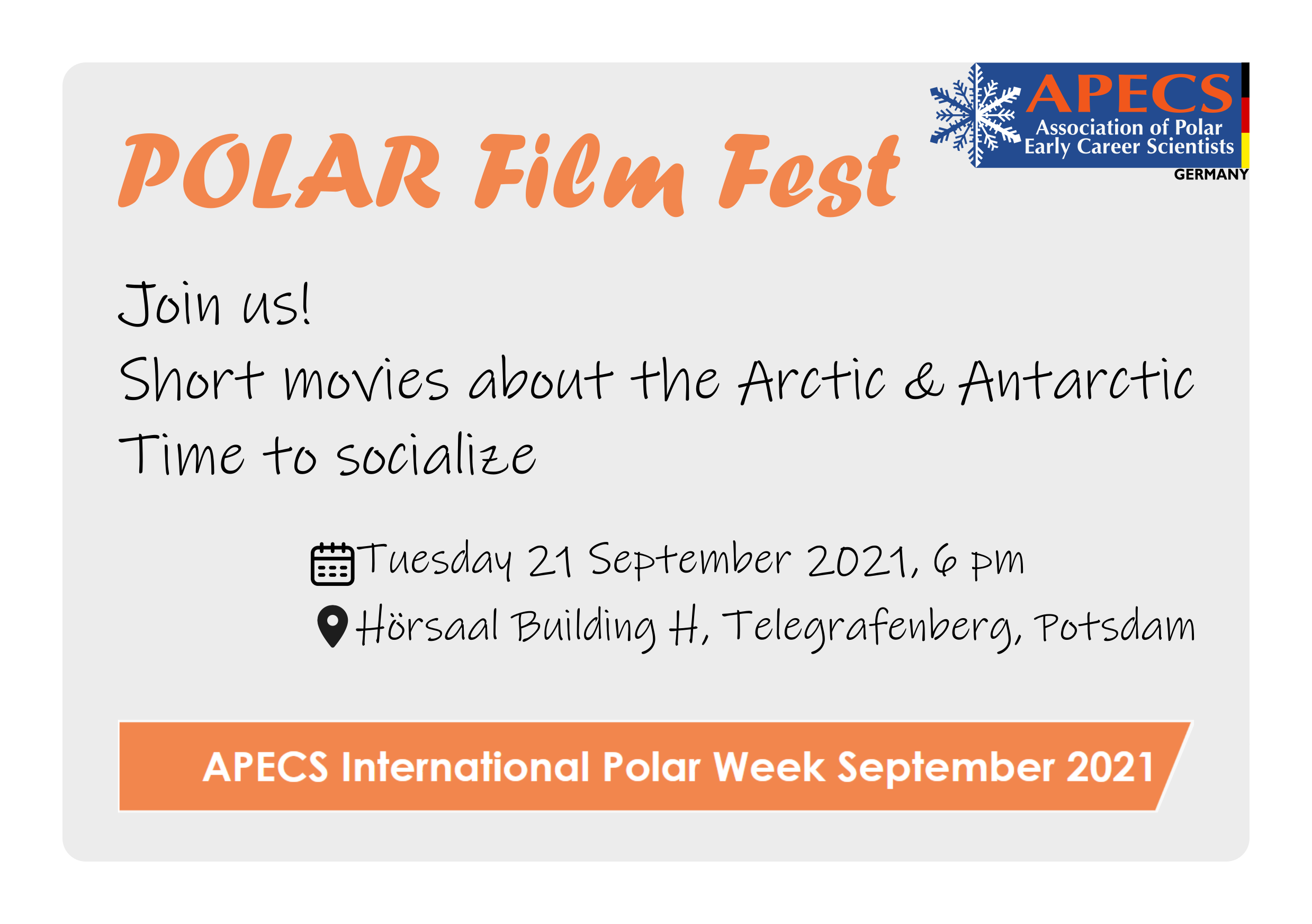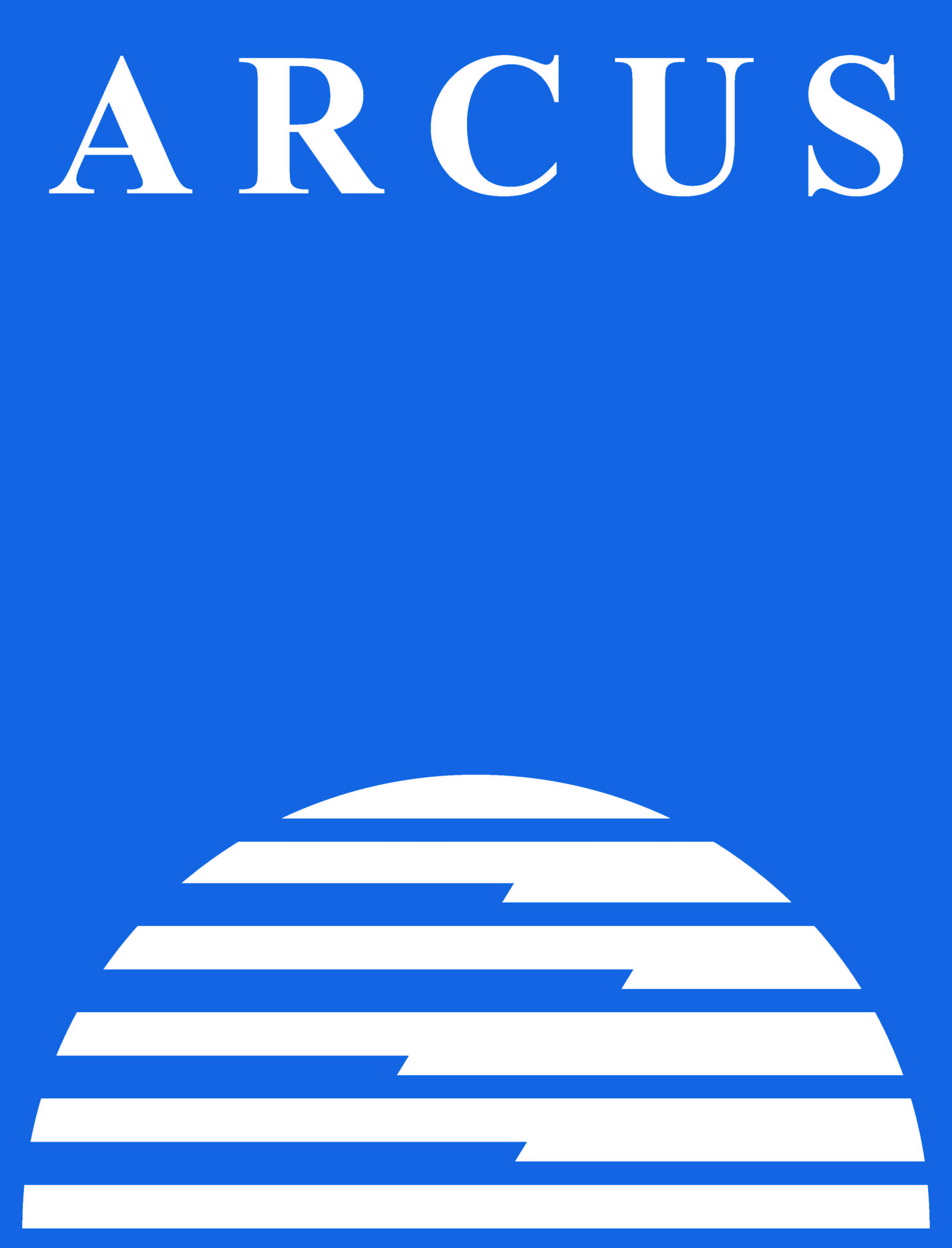National Committees and other partners contributed to the APECS International Polar Week September 2021 with the following events:
Biodiversidade Antártica: um diálogo entre o Brasil e Portugal
 APECS Brazil sought to inspire children, youth and adults to understand the importance that polar science for the planet and for our daily lives. At the opening of the XXVII Brazilian Polar Week in collaboration with APECS-Portugal, they debated on different areas of polar science "Antarctic Biodiversity: a dialogue between Brazil and Portugal".
APECS Brazil sought to inspire children, youth and adults to understand the importance that polar science for the planet and for our daily lives. At the opening of the XXVII Brazilian Polar Week in collaboration with APECS-Portugal, they debated on different areas of polar science "Antarctic Biodiversity: a dialogue between Brazil and Portugal".
See the video here: https://youtu.be/t1Vz3Be4ZQQ
Polar Science Put Simply - APECSSA Video Competition
 APECSSA invited to submit a short video to showcase #whatpolarscientistsdo and #howAPECSSAdoscience. Individuals and research groups showcased their research to the South African public by submitting videos that either explain your research focus, the importance of your research (all in simple non-scientific language) or by filming an exciting ‘day in the life of a polar scientist(s)’.
APECSSA invited to submit a short video to showcase #whatpolarscientistsdo and #howAPECSSAdoscience. Individuals and research groups showcased their research to the South African public by submitting videos that either explain your research focus, the importance of your research (all in simple non-scientific language) or by filming an exciting ‘day in the life of a polar scientist(s)’.
The videos were featured on the various APECSSA social media platforms.
APECS Oceania SciComm Seminar
 Antarctic guide, author and photographer, Nina Gallo was discussing Science Communications at our APECS Oceania Polar Week Webinar.
Antarctic guide, author and photographer, Nina Gallo was discussing Science Communications at our APECS Oceania Polar Week Webinar.
APECS Argentina: Concurso Artístico (Art Competition)
Actividad de educación y divulgación a través de un concurso artístico para distintos niveles educativos, relacionando el Cambio Climático y la Antártida. Outreach and educational activity trough an Art Competition for different education levels, to relate the Climate Change and the Antarctic Continent.
See the submission on the APECS Argentina Channels: https://www.facebook.com/apecsargentina, https://twitter.com/APECSArgentina, @APECSArgentina
From the Antarctic to the Colombian Andes: why Colombia in Antarctica?
 APECS Colombia and Red Participativa Monitoreo Glaciar Tolima kindly invited to celebrate the Polar Week, joining to the talk: "From the Antarctic to the Colombian Andes: why Colombia in Antarctica?”
APECS Colombia and Red Participativa Monitoreo Glaciar Tolima kindly invited to celebrate the Polar Week, joining to the talk: "From the Antarctic to the Colombian Andes: why Colombia in Antarctica?”
This talk provided information on Colombia's interest in being a consultative member of the Antarctic treaty, as well as its calls to researchers to conduct scientific expeditions to Antarctica.
The talk was in Spanish by Diego Fernando Mojica Moncada, member of APECS Colombia and researcher, who has participated in seven Colombian Scientific Expeditions to Antarctica.
 APECS Germany Film Fest
APECS Germany Film Fest
APECS Germany invited for a Polar Film Fest with some short movies about the Arctic and Antarctica at the Telegrafenberg in Potsdam.
Arctic Strategy Seminar
This hybrid event at the University of Kiel/Germany introduced participants to the complexity of Arctic resource negotiations by enacting the SMARTIC role-play scenarios: players slipped into the roles of different Arctic stakeholders. Faced with future challenges, they needed to come together for a Strategic Managament of Resources in Times of Change.
AI in the Arctic Working Group: An Introduction
Artificial intelligence and machine learning are nascent tools with which to conduct research in the Arctic. From assessing climate change impacts to monitoring biodiversity, there are countless opportunities at this exciting intersection. For this reason, we have begun to form an AI in the Arctic Working Group, which seeks to consolidate research in this area and form interdisciplinary and cross-sectoral collaborations. Thomas Y. Chen, the founder and chair of the working group, gave an introduction, followed by facilitated open discussion and opportunities to get involved.
Contact: Thomas Y. Chen (This email address is being protected from spambots. You need JavaScript enabled to view it.)
International Polar Week Collection
 Free collection of resources that celebrate the Equinoxes: https://www.polartrec.com/collections/polar-week
Free collection of resources that celebrate the Equinoxes: https://www.polartrec.com/collections/polar-week
U.N. Southern Ocean Decade Workshop: Cross-Cutting Themes
During the Southern Ocean process, multiple priorities and challenges for progress towards achieving the Ocean Decade’s vision were identified. Some of these are not unique to the Southern Ocean while some were considered as being cross-cutting in nature when considered by the Working Groups. This is because the Societal Outcomes of the Ocean Decade are all closely connected. Access to data and infrastructure (Outcome 6) is essential to successfully understand the current and future states of the Southern Ocean (Outcomes 2 and 4). Achieving these will allow informed decisions to be made in view of attaining a clean (Outcome 1), resilient (Outcome 2), and sustainably productive ocean (Outcome 3), all of which will ensure a safe ocean where fewer extreme events occur (Outcome 5) and where forecast systems allow for timely responses (Outcome 4). The success of all the above will steer the transition to the sustainable development of ocean activities by inciting behaviour change, engagement and innovation (Outcome 7), which will in turn influence the next generation to invest in ocean science.
This workshop allowed stakeholders to comment on priorities for cross-cutting themes in the U.N. Southern Ocean Task Force.
Chairs: Renuka Badhe, Thomas Y. Chen, Taco Bruin
More information on ttps://sodecade-pdf4.org/wg/crosscutting


